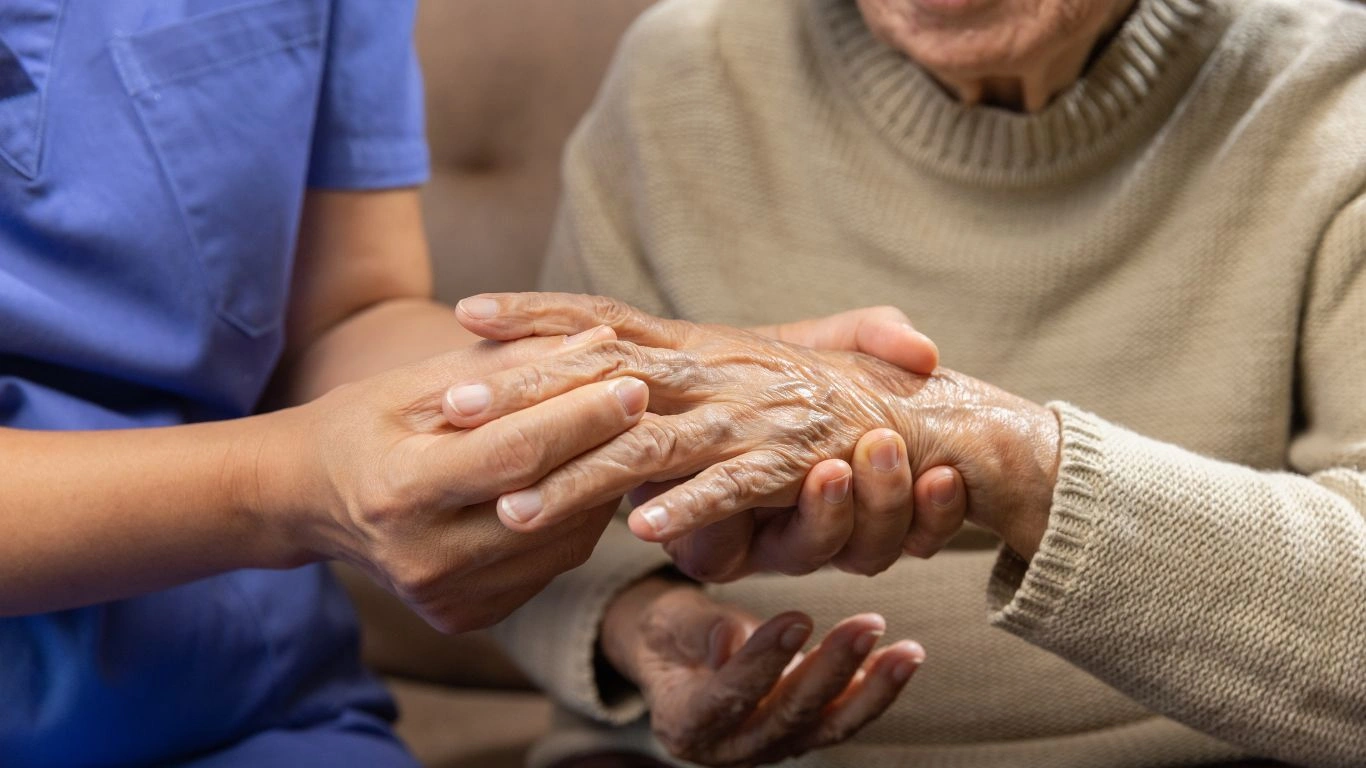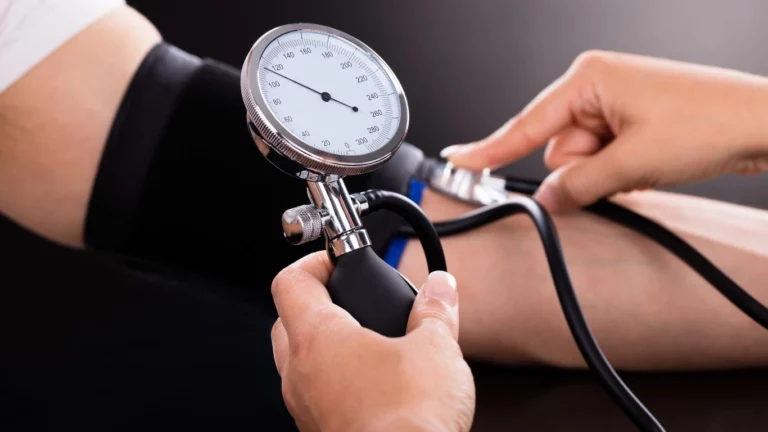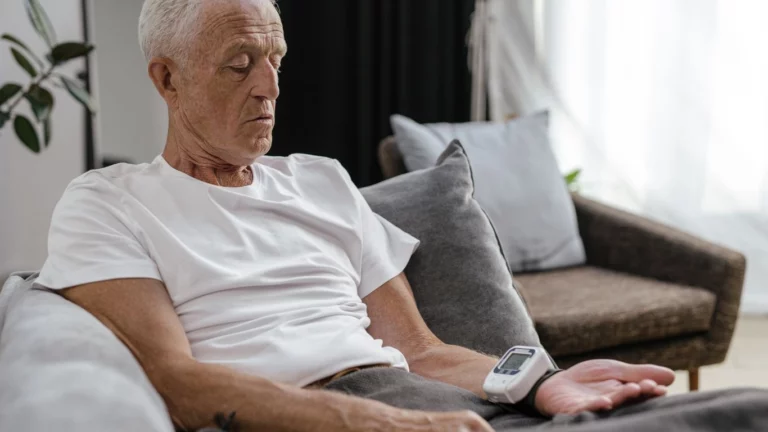Why Nighttime Swelling in Rheumatoid Arthritis Disrupts Sleep
Nighttime swelling in rheumatoid arthritis (RA) can be frustrating and painful. It’s more than just a nuisance—it can interfere with sleep, affect your energy levels, and make mornings harder. Understanding why swelling happens at night, and what you can do about it, may help you better manage your RA and feel more in control.
Understanding Rheumatoid Arthritis and Nighttime Swelling
Rheumatoid arthritis is a long-term condition where the immune system mistakenly attacks the joints, causing inflammation. This inflammation leads to pain, swelling, stiffness, and sometimes damage to the joint itself. RA often affects joints on both sides of the body, such as the hands, wrists, knees, and feet.
At night, people with RA might notice their joints feel more swollen or stiff. This can be due to several reasons, including changes in activity level, circulation, and the body’s natural rhythms. The more we understand what’s happening inside the body, the better we can respond to it.
If you’ve been waking up with swollen joints or struggling to fall asleep because of joint discomfort, you’re not alone. Many people with RA experience these symptoms, especially during disease flares or when inflammation is not well controlled. Talk to your doctor if this sounds familiar.
How Inflammation Works in the Joints
To understand nighttime swelling, it helps to first look at what’s happening inside your joints. In RA, the body’s immune system releases chemicals that cause the lining of the joints (called the synovium) to become inflamed. Over time, this swelling can thicken the lining and damage the cartilage and bone.
At night, when you’re not moving around as much, blood and lymph fluid can pool in the joints more easily. Movement helps push excess fluid out of the tissues. Without it, fluid can build up, leading to swelling and stiffness.
Your body’s levels of certain hormones, like cortisol, also drop at night. Cortisol helps reduce inflammation, so when it’s lower, inflammation may increase—especially in people with RA. This might be one reason some people feel worse in the evening or early morning.
While this process is complex, the important takeaway is that the combination of inactivity, immune activity, and hormonal changes can all contribute to joint swelling during the night.
Why Swelling Worsens at Night
So why does it feel like swelling gets worse right when you’re trying to relax? Several factors may be to blame:
- Reduced movement: Being still for long periods, like when sleeping, allows fluid to collect in joints.
- Lower cortisol levels: Inflammation-fighting hormones drop at night, which may increase symptoms.
- Temperature changes: Some people are more sensitive to cooler nighttime temperatures, which can make joints feel stiffer.
- Circadian rhythms: The body’s natural clock affects many functions, including the immune system.
- Joint damage: In more advanced RA, joints may swell more easily due to existing damage or scar tissue.
If you notice that swelling is more common or intense at night, you’re not imagining it. It’s a real pattern, and there are steps you can take to ease the symptoms.
Common Symptoms to Watch For
Nighttime swelling often comes with other symptoms. If you have RA, you might notice:
- Increased joint stiffness in the morning
- Pain or discomfort that wakes you up
- Joints feeling warm or tender to the touch
- Reduced range of motion in affected joints
- Fatigue from disrupted sleep
These symptoms can be signs that your RA is not fully controlled. Keeping a symptom journal may help you and your doctor track patterns and adjust your treatment if needed.
When to Seek Help
If your nighttime swelling is persistent, painful, or getting worse, it’s important to talk to your rheumatologist. Swelling that interferes with sleep or daily activities could mean your current treatment isn’t working as well as it should.
Here are signs that you should reach out to your healthcare provider:
- Swelling that lasts for more than a few days
- Pain that prevents you from falling or staying asleep
- New joints becoming swollen or painful
- Fever or signs of infection around the joint
- Increased fatigue or changes in how you feel overall
Your doctor may recommend changes to your medications, suggest physical therapy, or help you find ways to reduce nighttime symptoms. Don’t wait too long—early action can help you feel better and protect your joints over time.
Ways to Ease Nighttime Swelling
There’s no one-size-fits-all solution, but some home strategies may help reduce swelling and improve sleep quality:
- Gentle stretching: Try light stretching or yoga before bed to keep joints mobile.
- Warm compresses: Heat can relax stiff joints and improve circulation.
- Elevate limbs: Propping up your arms or legs can help reduce fluid buildup.
- Medication timing: Some people benefit from adjusting when they take certain medications—ask your doctor first.
- Anti-inflammatory diet: Foods rich in omega-3s, fruits, and veggies may help lower inflammation.
- Stay active during the day: Movement helps prevent fluid buildup and keeps joints strong.
These simple steps won’t cure RA, but they can make your nights more comfortable. Consistency is key—small changes over time can add up.
Final Thoughts
Nighttime swelling in rheumatoid arthritis is a common and frustrating symptom, but you don’t have to suffer in silence. Understanding what causes it and how to manage it can help you take back control of your nights—and your mornings.
Always talk to your doctor if you notice changes in your symptoms or feel your RA isn’t well managed. With the right treatment and support, it’s possible to sleep more peacefully and live more comfortably with RA.

Tarra Nugroho is a dedicated Nurse Practitioner with a strong foundation in family and preventive care. She brings both compassion and clinical expertise to her practice, focusing on patient-centered care and health education. As a contributor to Healthusias.com, Tarra translates medical knowledge into clear, empowering articles on topics like women’s health, chronic disease management, and lifestyle medicine. Her mission is simple: help people feel seen, heard, and informed—both in the clinic and through the content she creates. When she’s not caring for patients, Tarra enjoys weekend hikes, plant-based cooking, and curling up with a good health podcast.







